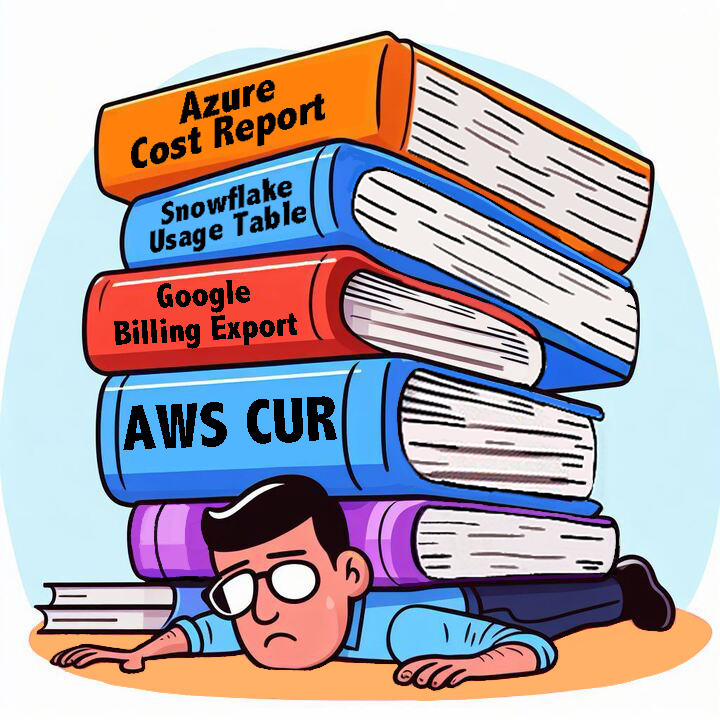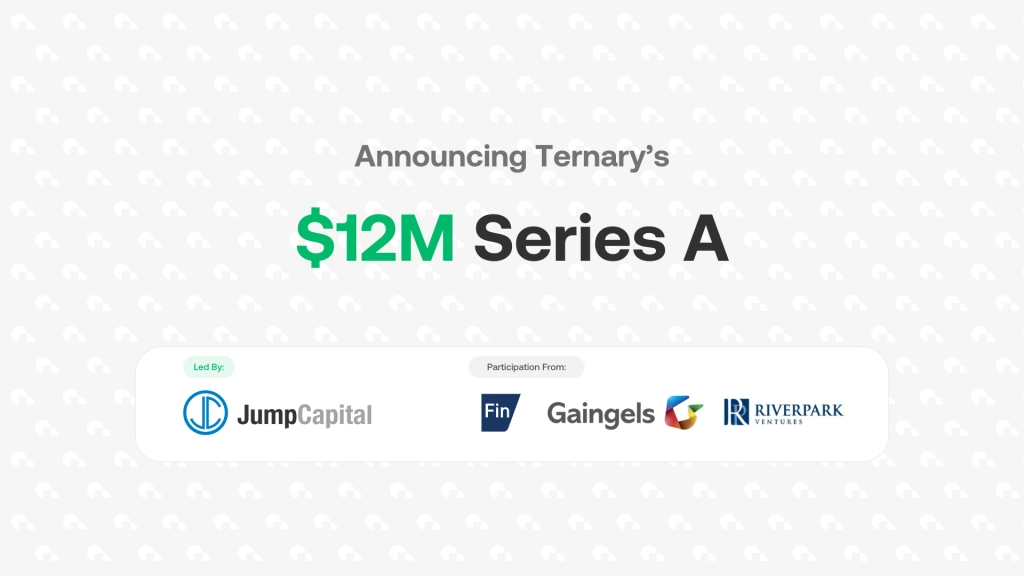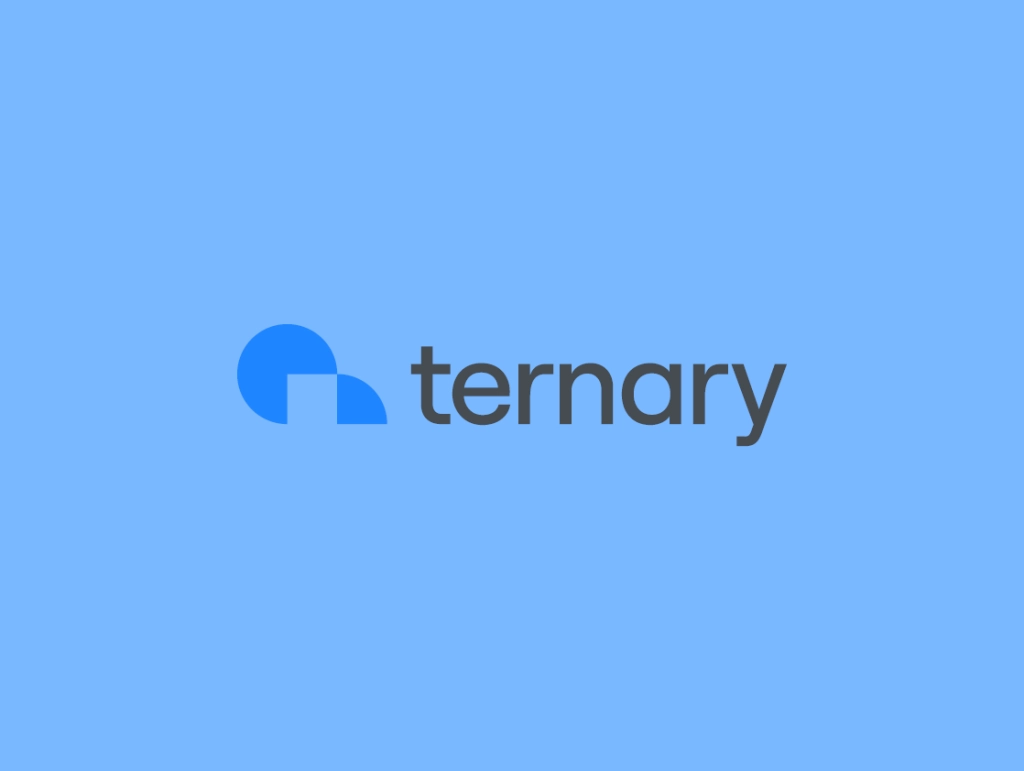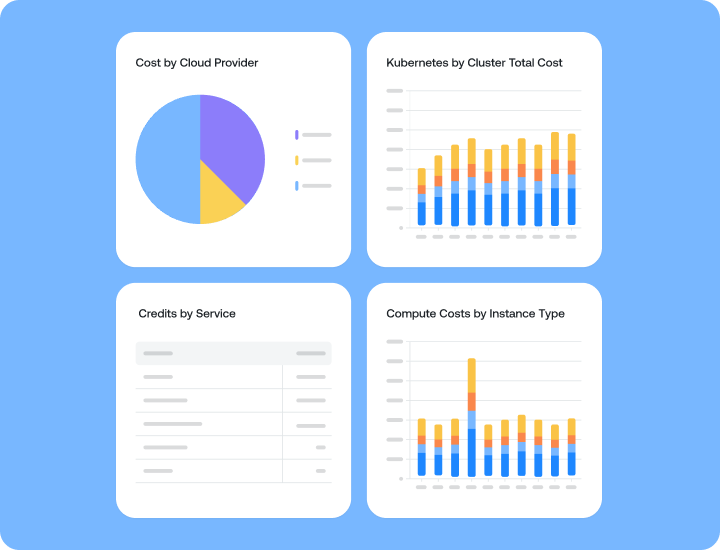November 22, 2023
Here at Ternary, many of us spend our days wrangling billing data that comes from different cloud providers. We’ve observed that different cloud providers all aim to provide billing data feeds to their users. But how the data is provided, what data is provided, and how often it is provided vary wildly between them. This poses a huge challenge to every organization that wants to begin a FinOps journey.
The problem

Every time a company adopts a new cloud provider, or any service generating on-demand spend, the billing and usage data that they ingest for visibility and optimization purposes within their organization needs to be integrated with their existing solutions. With the number of on-demand SaaS solutions and cloud providers growing every day, it’s a burden for platforms, and especially for practitioners blazing their own trail without a platform, to keep on top of ever-proliferating sources of spend.
We can generalize the problem as follows (though these points by no means cover the nuances associated with cloud billing!):
- Data delivery can occur through different mechanisms: pull APIs, storage buckets, and datasets within provider-specific data warehouses.
- Data formats can vary wildly; CSV is the most popular “common denominator” format, but we also see Parquet, Avro, and proprietary formats.
- Data content (service names and categories, discount offerings, numeric measures) isn’t standardized across providers.
FinOps practitioners have been dealing with these challenges since the beginning of public cloud. At Ternary, we help practitioners by taking on the job of bringing all these disparate sources of data together into one unified, multi-cloud dataset. This way, practitioners can spend less time on cleaning data and more time actioning data.
The solution: FOCUS

Enter the FinOps Open Cost and Usage Specification, better known as FOCUSTM.
FOCUS, backed by the FinOps Foundation, provides a standardized, unified format applicable to any combination of cloud providers and SaaS products that generate relevant billing data. All the major public cloud providers (Google, Microsoft, Oracle, Amazon) have committed to providing their data in this format eventually. Meanwhile, new products generating billing data can use FOCUS from the start. As billing data becomes richer, FOCUS, an open-source project, will incorporate adaptations from contributors spanning the industry.
Ternary recognized the value and importance of this initiative when it was launched, over a year ago, and we have been actively involved in shaping its future. Even public cloud providers fiercely competing with each other have put their weight behind FOCUS. They recognize that modern users are multi-cloud, and providing proprietary billing data hinders visibility and optimization of spend. It casts a poor light on those providers and isn’t aligned with how the market needs to interact with the data.
I want to adopt FOCUS today. How do I start?
To leverage FOCUS-formatted data today, you’d need to convert your existing billing data into the FOCUS 1.0 specification format. The focus_converter project exists for this purpose, but it’s still young, and requires a manual process. It doesn’t yet provide a good answer for ongoing conversion from cloud provider formats to FOCUS format.
Ternary is deeply involved in designing the next stages of this conversion method, pulling from our deep experience with the content, means, and purposes of billing data being delivered to end users. Once a method for end users to have an ongoing feed of FOCUS-formatted data is specified and implemented, Ternary will be the first to be able to ingest and present it within our platform.
But you don’t have to wait to benefit from a FOCUS-like experience within Ternary. We’ve revamped our reporting engine to indicate FOCUS-compliant fields (measures and dimensions) that we already provide as part of our existing billing data normalization efforts. Those fields are marked with a ![]() logo, and we use FOCUS nomenclature wherever possible.
logo, and we use FOCUS nomenclature wherever possible.
We’re excited to follow FOCUS into the future of FinOps, and we will continue to collaborate with the FinOps Foundation on future releases. Look out for more blog posts as we continue to align with the latest FinOps best practices.
Ternary embraces the FOCUS standard. If you don’t already use our platform, adopting Ternary is the best step you can take to get benefits from FOCUS. If you’d like to discover the possibilities, get in touch with us. We’d love to chat.



